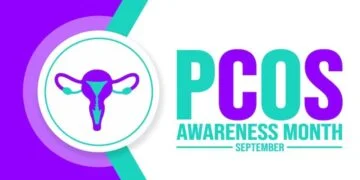The lockdown during the Covid-19 pandemic gave the trees, plants, and parks around our homes a breather, with fewer pollution-causing vehicles roaming around like crazy. People became even more appreciative of nature as a result of the first lockdown’s peace and calm. A new University of Colorado Boulder study has discovered some positive effects of green environments on people’s “mental health.”
The study, which was published in the journal ‘PLOS One,’ discovered that people who were exposed to more green space during the first year of the Covid-19 pandemic had significantly lower levels of depression and anxiety.
The study also discovered that, at a time when mental health issues were on the rise due to financial difficulties, supply shortages, and nonstop news coverage of the virus, people sought solace in nature, with one-third spending more time there than they did before Covid.” This study demonstrates how important it is to keep parks and green spaces open during times of crisis,” said senior author Colleen Reid, an assistant professor of geography at the Institute for Behavioral Science.
“It also demonstrates that, as a public health measure, more effort should be made to create and make accessible green spaces.” For the study, the authors administered a 30-minute survey to approximately 1,200 Denver-area residents to assess their mental health and perceptions of green space near their homes, including how much there was, whether they could see it, whether it was accessible, how much they used it, and it’s quality.
They also gathered aerial satellite imagery in order to objectively quantify the amount of greenery in respondents’ neighborhoods. The survey was conducted between November 2019 and January 2021.
Reid added additional questions after Covid-19 emerged and lockdowns ensued, providing a rare opportunity to also look at how the pandemic influenced “mental health over time and what was most stressful about it. “Not surprisingly, we discovered that the pandemic had a negative impact on health”mental health,” said co-author Emma Rieves, a master’s student in the Department of Geography.

“However, we discovered that green space can have a powerful protective effect, even in the face of such extraordinary stressors.” Surprisingly, the study discovered no link between having Covid and having poor mental health. Respondents, on the other hand, reported that having symptoms, no diagnosis, and no way to test was distressing. Those who lost income or felt they were working in an unsafe environment were also more likely to be stressed or depressed, while fear of supply shortages was the most common source of mental health problems (including toilet paper and food). People who spent a lot of time scrolling the internet and reading the news reported having poorer “mental health.” In contrast, having plenty of green space nearby, as measured by satellite images, was linked to lower depression scores.









































